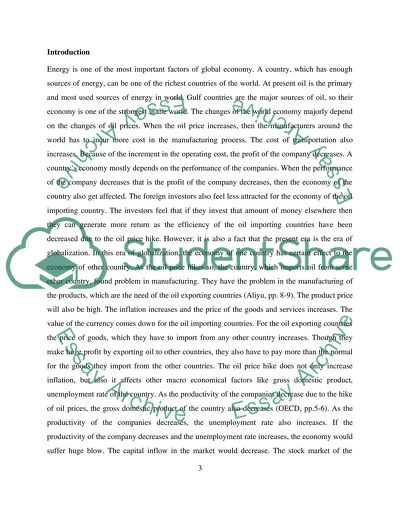Cite this document
(“The impact of Oil price changes on the Gulf Council Countries (GCC) Dissertation”, n.d.)
Retrieved from https://studentshare.org/finance-accounting/1395771-the-impact-of-oil-price-changes-on-the-gulf
Retrieved from https://studentshare.org/finance-accounting/1395771-the-impact-of-oil-price-changes-on-the-gulf
(The Impact of Oil Price Changes on the Gulf Council Countries (GCC) Dissertation)
https://studentshare.org/finance-accounting/1395771-the-impact-of-oil-price-changes-on-the-gulf.
https://studentshare.org/finance-accounting/1395771-the-impact-of-oil-price-changes-on-the-gulf.
“The Impact of Oil Price Changes on the Gulf Council Countries (GCC) Dissertation”, n.d. https://studentshare.org/finance-accounting/1395771-the-impact-of-oil-price-changes-on-the-gulf.


